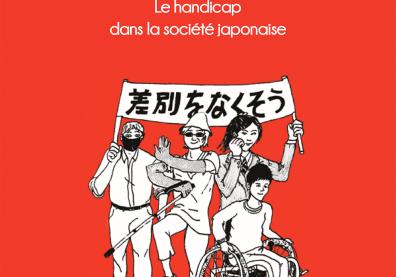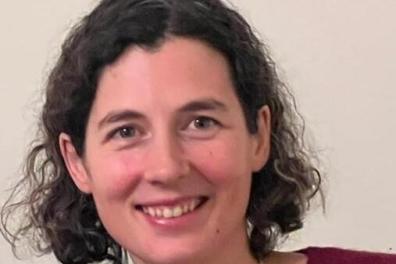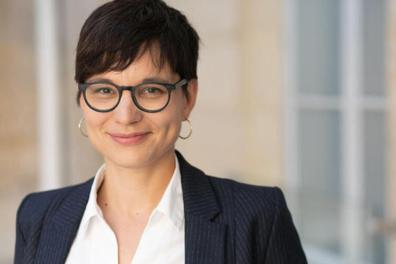Meeting-debate on the book "Le cœur et le droit. Disability in Japanese society".

Anne-Lise Mithout, lecturer in Japanese studies at Université Paris Cité and member of the Centre de Recherches sur les Civilisations de l'Asie Orientale (CRCAO). Her research focuses on the place of disabled people in contemporary Japanese society, particularly in the fields of education, employment and activist movements.
Anne Revillard, Full Professor in Sociology at the Centre de recherche sur les inégalités sociales (CRIS) and Director of the Laboratoire interdisciplinaire d'évaluation des politiques publiques (LIEPP). Her research focuses on the articulation between law, public action and contemporary transformations of gender- and disability-related inequality systems.
Book presentation:
In July 2016, while preparations for the Tokyo Paralympics were in full swing, a young man broke into a home for the disabled and killed nineteen residents. The investigation will show that the perpetrator was campaigning for the targeted euthanasia of disabled people. This event, which takes place at the very moment when Japan is showcasing to the world the progress it has made in developing an inclusive society, bears witness to the ambiguities of the social treatment of disability in contemporary Japanese society.
This book explores the place occupied, in a society that maintains the myth of its homogeneity, by a population perceived as "different". It aims to go beyond the opposition between integration and exclusion to analyze how people with disabilities participate in social life. Rather than hateful rejection, a charitable approach to disability long prevailed: it gave rise to practices of assistance and support, but anchored them in a fundamental inequality between able-bodied "benefactors" and disabled people in a position of weakness. However, aspirations to emancipation are also being expressed. In the past, these took the form of strong solidarity, notably within the blind community, and today they are reflected in associative movements that carry a discourse in the name of "human rights" and make themselves heard in the political arena.
Organizer : Naoko Tokumitsu (Inalco/IFRAE)
Contact : View e-mail

